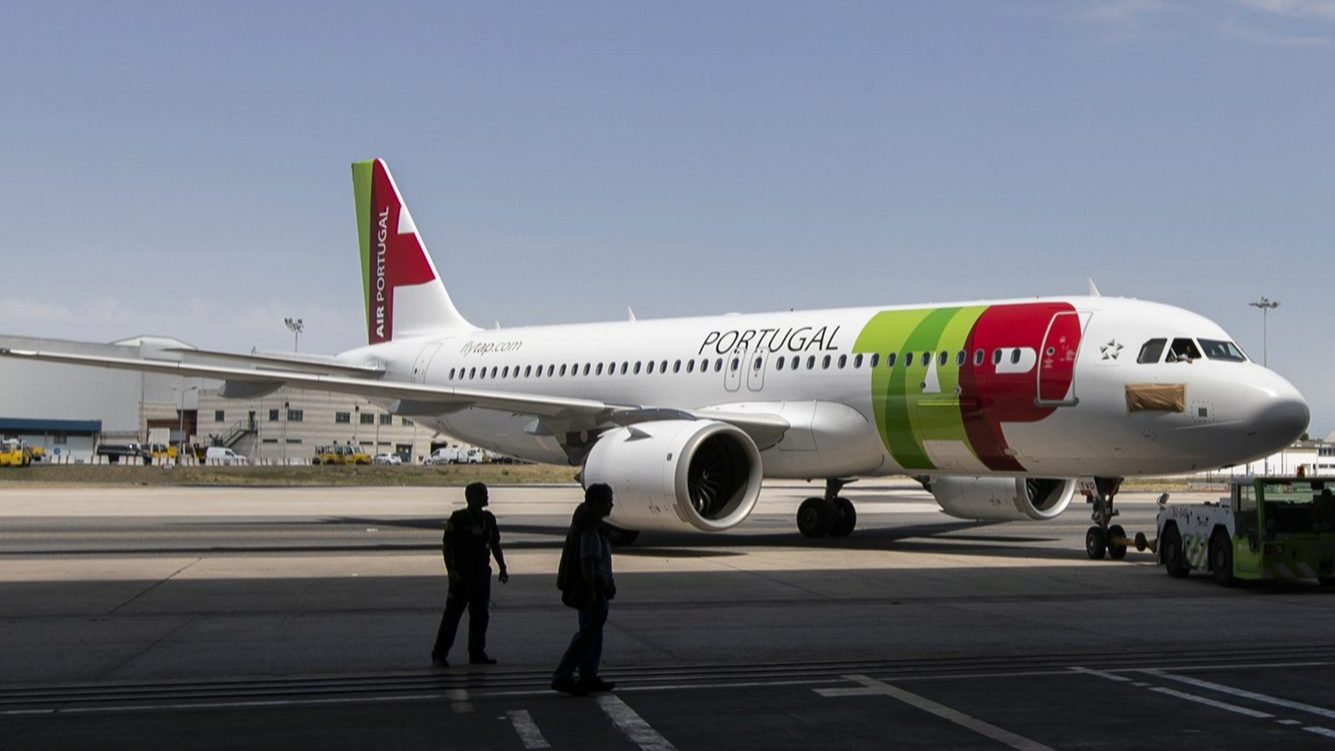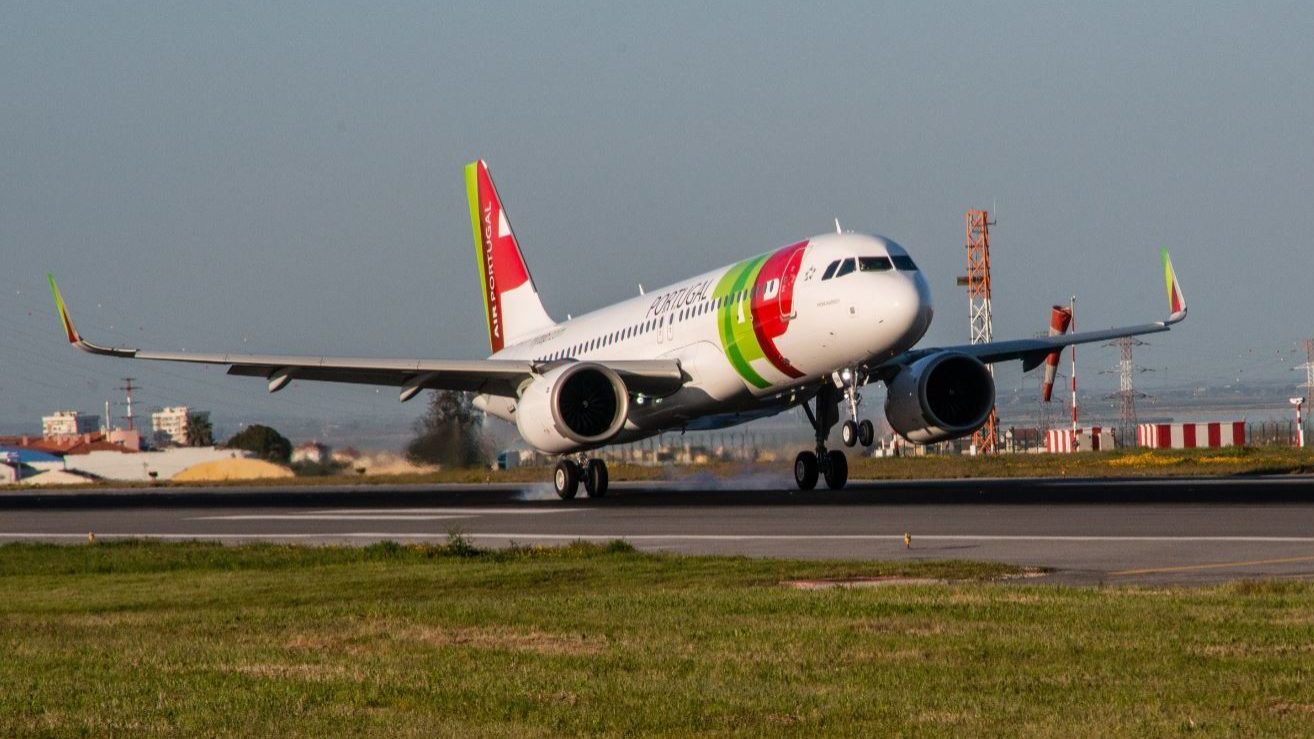Government prepares emergency aid for TAP and hires VdA and Deloitte
The government has appointed the former president of Águas de Portugal to negotiate the state aid to TAP, and the advisory services of VdA and Deloitte.
João Nuno Mendes is the manager chosen by the government to negotiate the conditions of capitalisation of TAP, but he will not be alone. In addition to the support of the offices of Pedro Nuno Santos and Mário Centeno, the manager will be advised by VdA and Deloitte, besides Parpública itself, the company which has a 50% public stake in the airline. And, at the moment, the government is studying the distribution of the first emergency tranche already in the coming weeks, under the penalty of TAP defaulting on its obligations, but the total public injection should even exceed one billion euros.
Last Friday, the government met with the executive committee of TAP, led by Antonoaldo Neves, and chose the former president of Águas de Portugal to coordinate the negotiations of state aid to TAP, according to the Expresso newspaper. João Nuno Mendes will have to present a plan of measures to save the national airline, but TAP needs money by the 20th, so an emergency loan will be necessary.
The statements of Atlantic Gateway shareholders, who have David Neeleman and Humberto Pedrosa as shareholders and control 45% of TAP, asking for an injection of public money through the loan model, were followed by the statements of several ministers admitting all scenarios, even the nationalization. And they pointed out that, with the capital injection, there would have to be a change in TAP’s governance model and the appointment of a manager to the executive committee. The process dragged on, Mario Centeno had other priorities and now, without time, a short-term solution is needed while there is no model of public support from the State and the necessary revision of the shareholder agreement with Atlantic Gateway.
The government has also been waiting for the European Commission’s decisions on state aid to companies and particularly to European airlines in difficulty. But now, with the appointment of a team led by João Nuno Mendes to find the best capitalisation model, it is necessary to guarantee an emergency bridge loan to ensure TAP’s cash flow for at least the next two months. This process will take time, not only in negotiations with the private shareholder but also with Brussels.
In the framework of the negotiations with TAP’s private shareholders, the most likely solution will be a capital injection of up to 250 million euros and a bond issue. Officially, no one is commenting on the process, but the government is preparing to present Brussels with a request for authorisation for a capital injection of over 1 billion euros, according to ECO. The figures are changing at a weekly rate, and as new information on the economy and the aviation sector develops. And the agreement between David Neeleman and Humberto Pedrosa may be broken in this context. In this case, the Portuguese businessman will also be able to make an injection of capital, partially accompanying the State’s effort. It was not by chance, incidentally, that the Prime Minister made a point of making a difference between the two private shareholders in the last fortnight debate in Parliament, valuing Pedrosa’s role in the airline.
What has Brussels decided?
States may opt for recapitalisation only if there is no other viable option and that decision must be weighed against the number of jobs that would be lost, the company’s capacity for innovation or the “systemic” importance of the company in question. Besides, ‘the aid must be restricted to making the company viable and must not go beyond restoring the capital structure of the beneficiary before the coronavirus outbreak’.
States may also help companies to recapitalise themselves by granting subordinated debt on favourable terms. “These are debt instruments which are subordinated to ordinary preferential creditors in the event of insolvency proceedings, and complement the range of instruments available to Member States under the Temporary Framework in force, including the provision of preferential debt to companies in need,” the European Commission explains. But these obligations, the Commission notes, are not converted into equity as long as the company is in business so that the State assumes less risk. “However, since such debt increases the ability of companies to assume preferential debt in a manner equivalent to capital support, aid in the form of subordinated debt includes a higher remuneration and a further limitation of the amount concerning preferential debt under the Temporary Framework.”


